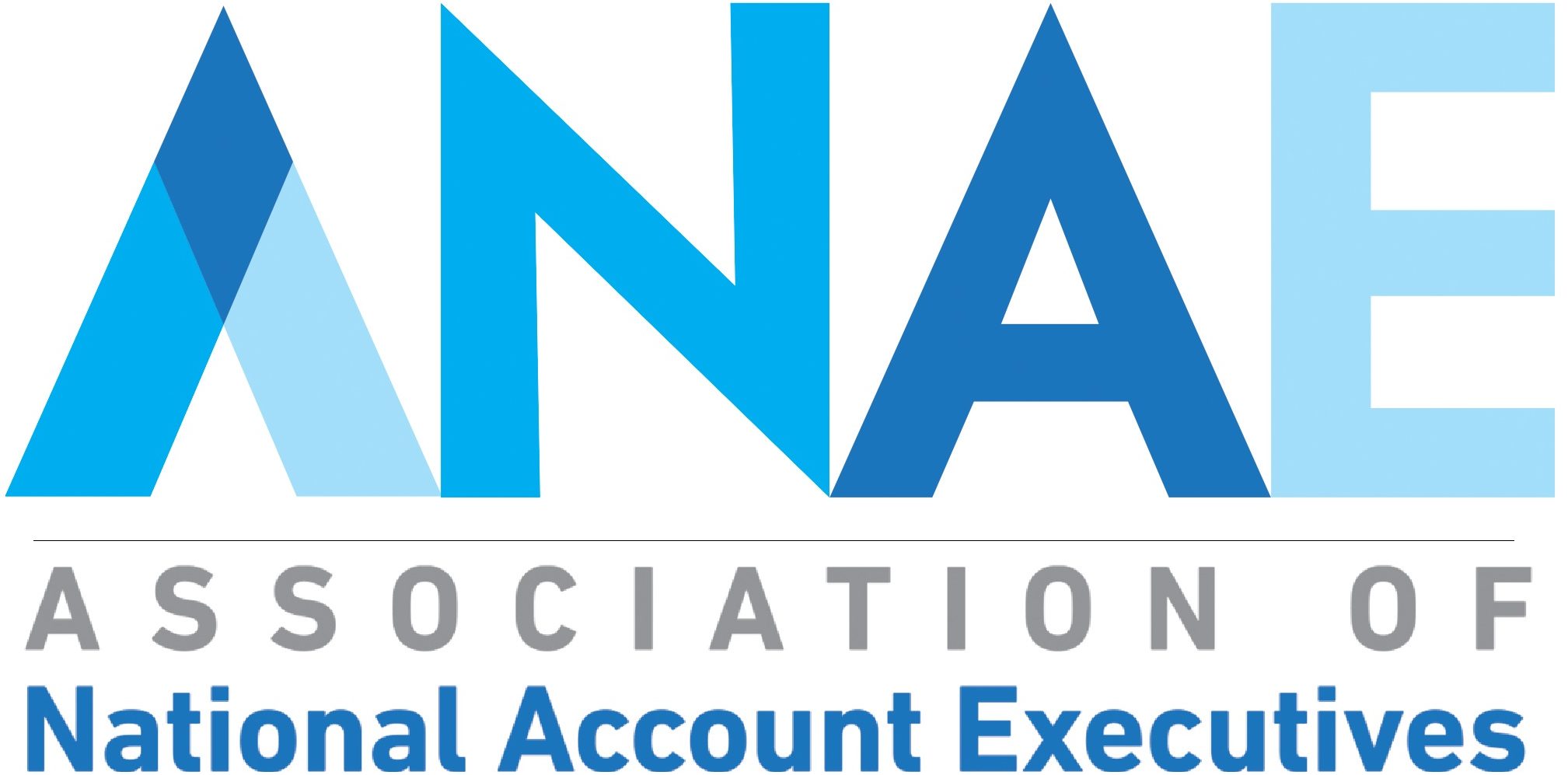- 8 Tactics for Negotiation with GPOs (Group Purchasing Organizations) - July 13, 2021
- Why I am not responding to your email - September 23, 2020
- FAH Conference 2020: Key Takeaways - March 4, 2020
The healthcare industry has already felt the effects of certain reform measures of the Affordable Care Act, including the Medical Device Tax, the formation of accountable care organizations, and an emphasis on reducing hospital re-admissions, with penalties for hospitals who don’t meet the requirements.
Judging by recent headlines, the rest of the public will feel the effects soon. Consider:
- According to USA Today, Walgreens, the USA’s largest drugstore chain, said it will send its workers to a private health insurance exchange, which is similar to those offered to uninsured Americans by the federal government next month. The Walgreens’ program provides more health coverage choices and an opportunity for most employees to lower their out-of-pocket health care costs next year, the company said. Walgreens says it will also allow the company to continue offering health insurance and wellness benefits to its employees as the plan administrator, while providing tools and resources that help employees personalize coverage for themselves and their dependents.
- According to a Wall Street Journal article, Time Warner plans to move its U.S. retirees from company-administered health plans to private exchanges, a person familiar with the matter told the newspaper. The company will allocate funds in special accounts that retirees can use to shop for coverage, the person said. It will take effect Jan. 1, 2014. IBM also plans to move about 110,000 of its own retirees off its company-sponsored health plan to a Medicare insurance exchange.
- The Tampa Bay Times reported that IBM sent a video message to its retirees communicating the shift: “IBM is making a Medicare exchange available to you because the rising cost of health care in current group-coverage model is no longer sustainable for you or the company,” chief health director Kyu Rhee said in a video message to retirees. “In fact, we project that health care costs in the current IBM plan will triple in the next few years, largely affecting your premiums and out-of-pocket costs.” Like the public exchanges being created under the ACA, private exchanges offer a marketplace of insurance plans to choose from, according to the Times. In the ACA-created exchanges — opening for enrollment Oct. 1 in Florida — the government will subsidize premiums for many of the poor. In private exchanges, the company’s contributions help pay the costs of plans offered.
Had the employer mandate not been delayed, the impact on businesses and the economy would have been more pronounced this fall. As is, employers are still researching how best to handle health insurance as costs increase.
As the health care exchanges at the heart of the law open for enrollment in two weeks, the public’s views of it are as negative as they have ever been, and disapproval of the president’s handling of health care has hit a new high, according to USA Today. Confusion and misinformation about the law haven’t significantly abated, especially among the law’s main targets, according to a USA TODAY/Pew Research Center Poll:
- Among the 19% polled who are uninsured, nearly four in 10 don’t realize the law requires them to get health insurance next year.
- Among young people, whose participation is seen as crucial for the exchanges to work, just 56% realize there’s a mandate to be insured or face a fine.
- And in the states that have refused to participate in the insurance marketplaces — defaulting instead to the federal exchange — knowledge about the Affordable Care Act and support for it are notably lower than in states that are setting up their own exchanges.
Healthcare looks to be front and center on the national stage in the coming weeks and months.
